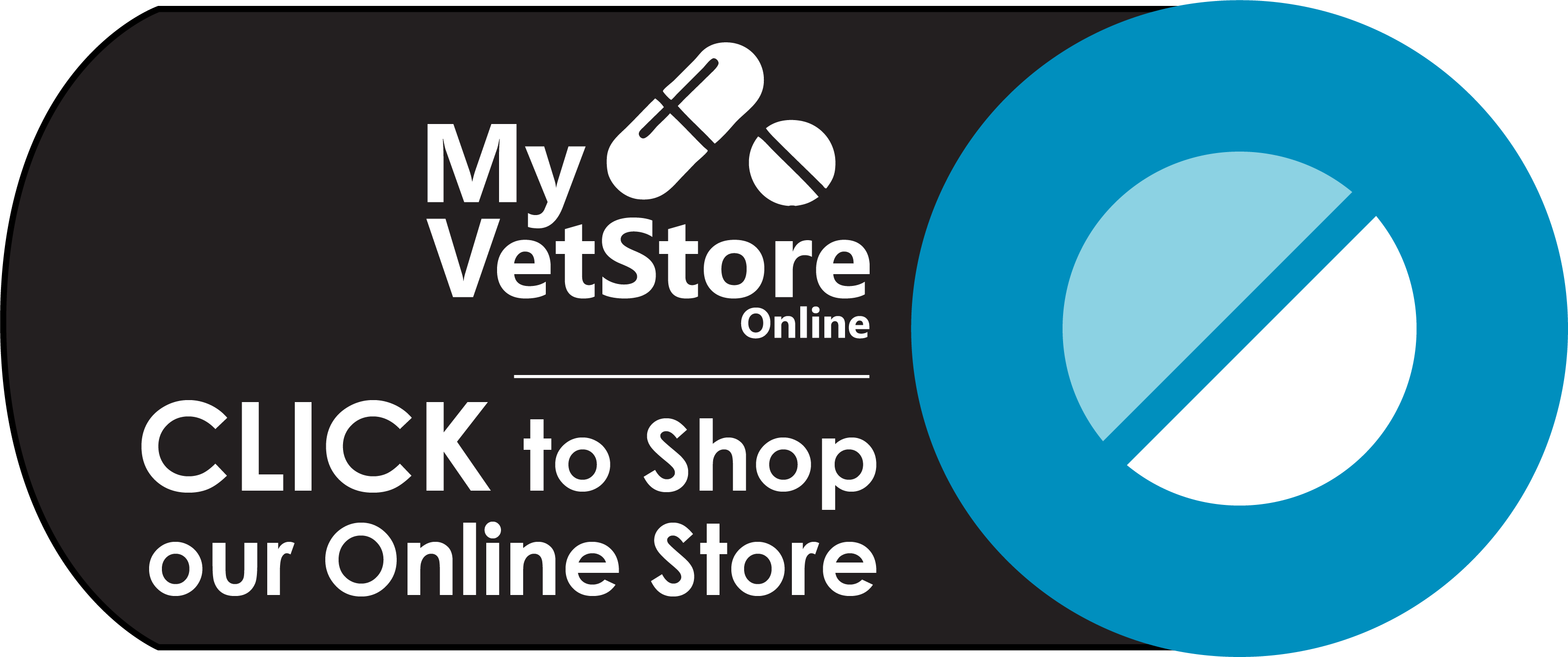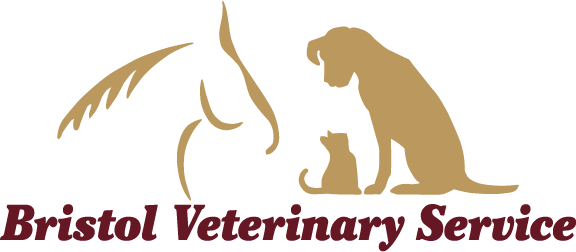A horse that is having difficulties breathing is an emergency. Horses can only breathe through their nostrils; they cannot breathe through their mouth. A horse that is pre-occupied with breathing should be seen by a veterinarian. There are many causes for a high respiratory rate and/or an increased effort to breathe. Some of these causes include the following:
-Heaves
-High fever
-Nasal discharge
-Facial or throat swelling
-Colic
If you have concerns about any breathing difficulties and/or the respiratory rate is above normal, you should consult your veterinarian. While not all incidences will warrant an emergency veterinary visit, it is important to monitor your horse’s respiratory system and act accordingly if needed.
How to take a respiratory rate:
-Normal respiratory rate for an adult horse: 16-32 breaths per minute.
-Count the number of times the nostrils flare over a 60 second period to obtain the number of breaths per minute.


